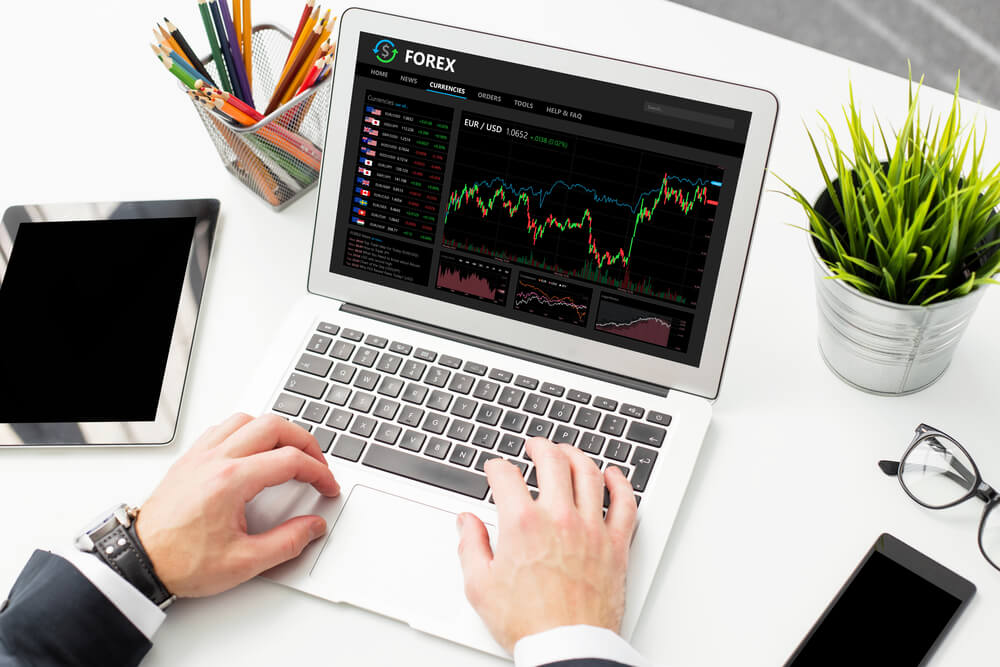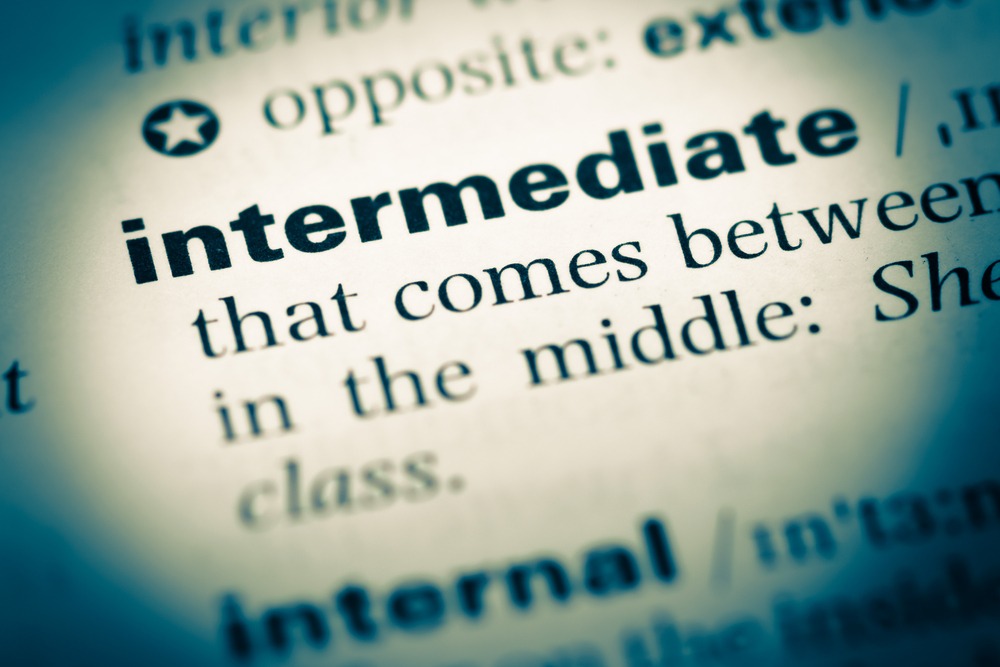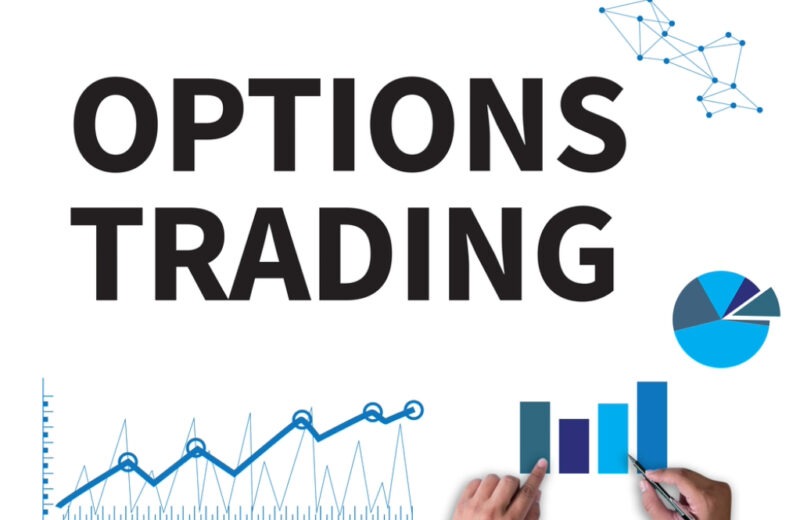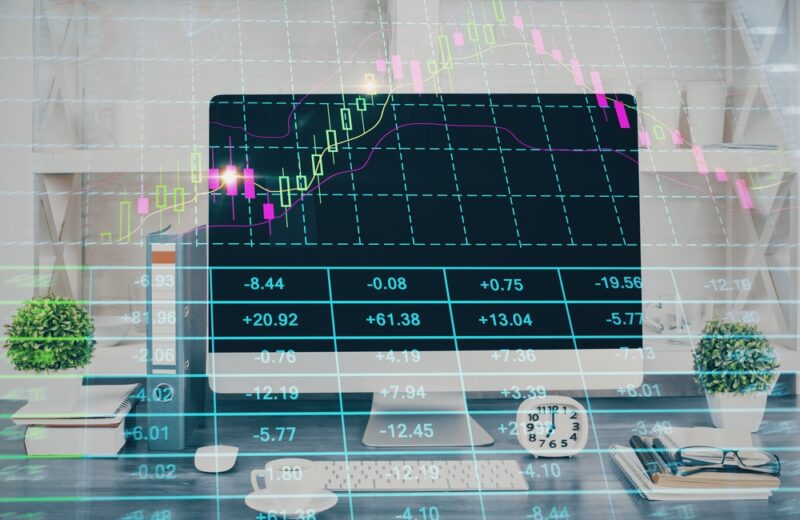One must learn trading basics and advanced basics to become a professional trader. When those are mastered, you can gain experience in implementing strategies, and you can learn proven strategies.
Also, the critical factor is to be realistic concerning that profession. There is no perfect method of trading which consistently produces only winning results. Nevertheless, it would be best if you practice learning to discriminate accurate information from that which is misleading or incorrect. Thus, you will be able to focus your time on information that will make you a more profitable and efficient trader.
Basics of Trading
One of the most useful methods to learn to trade is to learn trading basics and markets. If you have a solid understanding of the basics, you will have a foundation that will support your entire career. Before more advanced trading information, the first level of knowledge is required.
Reputable trading websites or books on trading found at your local bookstore can provide you with all the trading basics you need. Moreover, it will be at no cost or a relatively low cost. The basics include:
- How much you need to trade efficiently
- Monitoring trading performance
- Trading hours
- Management of risk
- Order types and placing them
- Bid and ask prices (how prices move)
- And what markets to trade
Typically, trading basics are factual. There is not much subjectivity. One information source might suggest beginning forex or currency trading with at least five hundred dollars. Meanwhile, another source might suggest starting with at least a thousand dollars. That does not mean one source or another is necessarily wrong or right. Nevertheless, it means that you must begin trading at least $500 but ideally with $1000.
The exchanges are providing traders with most of the market basics. For instance, NASDAQ and the New York Stock Exchange are providing educational resources on how the market is operating with the main menus on their websites. The Chicago Mercantile Exchange does this for futures. The same does the Chicago Board Options Exchange for those who want to learn about options trading.
Advanced Basics
New traders, if they learn trading basics, have an opportunity to learn about the various markets and the one in which they want to trade.
Traders determine if they want to trade forex trading, options, futures, or stocks when they learn the basics. Traders, upon making that choice, can delve deeper into the trading basics specific to that market.
For example, a new options trader must learn about options Greeks. Options Greek help to determine the price of an option. Those interested in futures trading must know concerning various specifications for each future contract they may want to trade, ticks, and points. Stock traders must learn the differences between trading during regular hours and pre-market trading, how to short sell, and how dividends work. Forex traders must learn concerning daily rollover rates and pip values.
Books on instructional websites and trading are offering lessons and information on those and other more advanced basics topics.
Strategies of Trading
The next step is to know the strategies that will produce a profit. Nevertheless, such methods are subjective. Thus, it means that the source of the information matters. For example, there is a chance that free resources will provide generic strategies that worked at one time but are not working anymore.
Finding useful strategies require much more verification and research than learning trading basics. It would be best if you looked for examples of the plan at work and you must review charts.
The best method to learn a trading technique is to find a professional trader that will teach you their techniques of trading. For example, some professional traders are offering books or websites that highlight their methods. It can provide personal mentoring. Personal mentoring is the most direct method of learning.
















